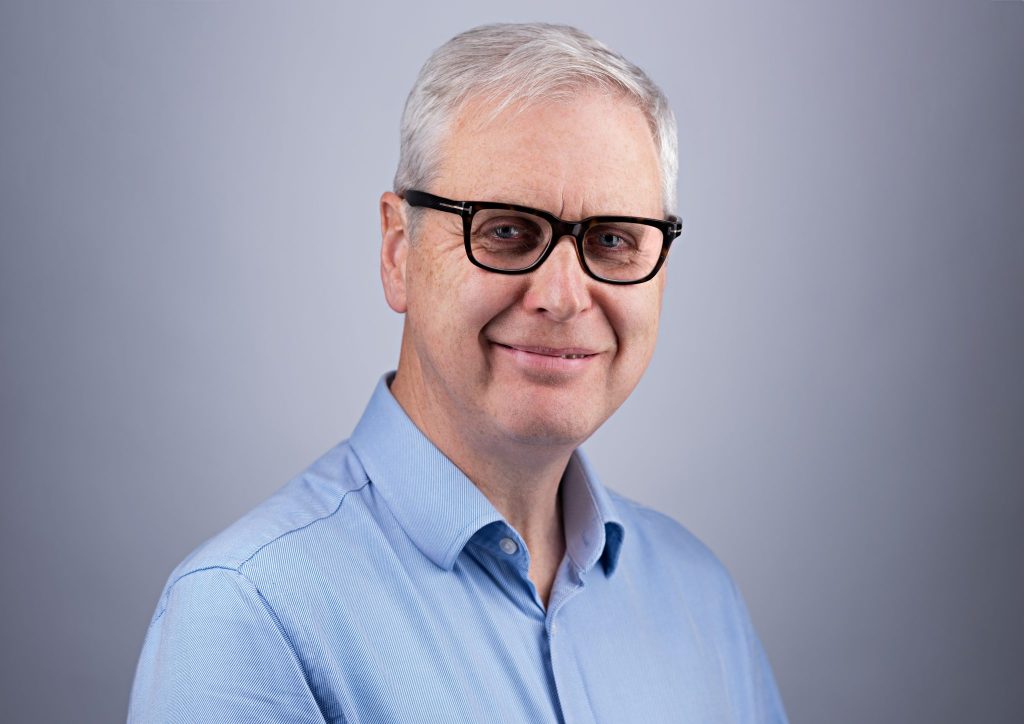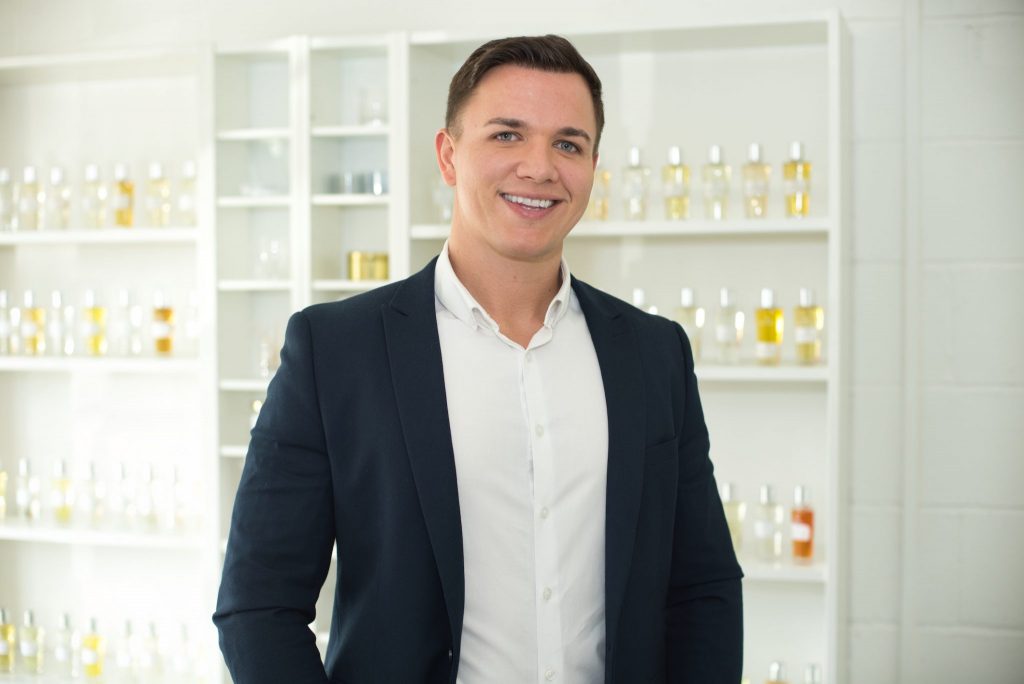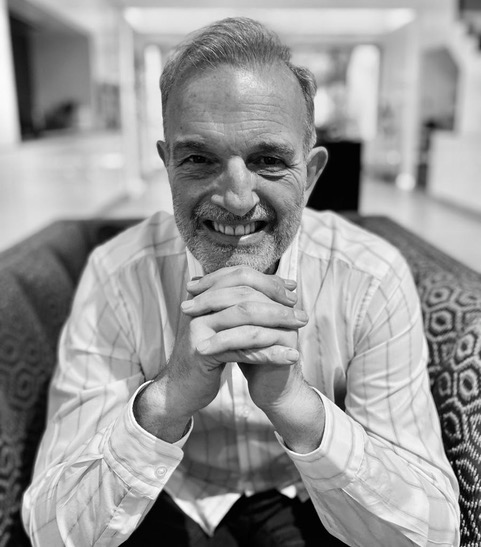Leaders and entrepreneurs in focus: Alec Dobbie, CEO and Co-Founder at FanFinders


Making goals ‘numeric’, the changing role of a CEO and the importance of having a consistent leadership approach – the Co-Founder of a performance marketing company talks to Business Impact
You need to set tangible targets to determine if your entrepreneurial venture is working or not, says Alec Dobbie, CEO and Co-Founder, FanFinders – the performance marketing company behind Your Baby Club, a platform that connects brands with parents.
‘Make it numeric,’ Dobbie says. ‘Whether that’s ‘X’ number of users or a certain amount of revenue – these [goals] help you determine whether you’re on the correct path or if it makes sense to pivot.’
Get more advice on running a business and an insight into the changing role of an SME’s CEO in this interview with Business Impact.
Can you tell us a little bit about your current role and what it involves?

Month-to-month, there is some consistency in my role as CEO as far as devising our strategy and forward-planning. But, day-to-day and week-to-week, the reality of running any small business is that your position evolves constantly.
We’re in the middle of recruiting for our finance team, so this week I’ve been lending some support in that area, while last week I was assisting our software developers. It differs as priorities shift or circumstances change, because an SME doesn’t have multiple layers of teams just waiting in the wings to replace others. Individuals have to be able to step into other roles and take on different responsibilities. This keeps it really interesting.
What single piece of advice would you offer undergraduate and postgraduate students of business and management who plan to start their own companies after completing their studies?
Go and do it. Don’t wait for a perfect opportunity to do it, make it happen. Work hard at something and use pre-set goals. You need a way to determine what ‘good’ or ‘terrible’ means in your market and how you get there; and make it numeric. Whether that’s ‘X’ number of users or a certain amount of revenue – these help you determine whether you’re on the correct path or if it makes sense to pivot. I’m not suggesting you quit early, but I am suggesting that you have the flexibility to move away from something that isn’t right.
Mentorship schemes in business are becoming increasingly popular. Who would have been your dream mentor when you were at the outset of your career and why?
It would be one of those people who just got up and did it, so perhaps someone like Peter Jones. I admire those who have achieved off their own backs but not pontificated about it too much. It would be nice to say Mark Zuckerberg or Sergey Brin [Google Co-Founder], but they operate in a different world to me. Otherwise it would be someone truly defining and inspirational, like Dame Stephanie Shirley [a UK businesswoman who, starting in the 1960s, worked to create job opportunities for women with dependents and adopted the name ‘Steve’ to help her in the male-dominated business world].
What are some of the challenges and opportunities you’re currently facing, both as a leader and as an organisation?
As an organisation, it’s finding new ways to connect with people in a competitive digital market. People continually relocate to different platforms and their habits change, so it’s making sure you stay ahead of the curve – ‘cutting edge’ not ‘bleeding edge’.
For me, it has been becoming more organised and making time for myself. The likes of exercise and meditation are just as important as any ‘work’, because if you’re not the best ‘you’, you’re not going to be that at work either.
Do you feel that leading a company has enabled you to make a positive impact? If so, how?
I always reflect that eight years ago this business didn’t exist at all and was just an idea. We now provide the opportunity for people to work somewhere fun. Internally, we’ve been able to implement things that we think matter, like unlimited holidays, fully remote working (before the pandemic) and giving people back that 10 hours they were spending commuting each week. On a strategic level, I think our ambition has always been to build software that creates better experiences for users and, as we look to introduce personalisation, this objective remains the same.
Which three words best describe your approach to leadership (or your management style) and why?
1. Consistent: it’s vital to be consistent in your approach and feed this across the business.
2. Fun: because if we’re not enjoying our work, we should just pack up and go do something else.
3. Accessible: making yourself available to new ideas and engaging people at all levels can really help foster innovation.
What tops your list when looking for new hires at manager level and above?
Regardless of level, for companies of our size we’re looking for cultural fit. Can they work within the structure we have and with the other people in our team? Some people wouldn’t suit working here, because there might be too much independence. If you need a check-box list of tasks provided or managing throughout the day, this environment wouldn’t be a great fit. They need to be hardworking, proactive and self-motivated. All of those are at the top of the list, because we have an established culture of autonomy.
Alec Dobbie is CEO and Co-Founder of performance marketing and consumer intelligence company, FanFinders. With more than 20 years’ experience as a developer, Alec and his co-founders started FanFinders in 2013, with the aim of evolving marketing to parents. Its self-coded consumer platform, Your Baby Club, now has almost 6 million members and operates on two continents.
Read more Business Impact articles related to entrepreneurship:

Education must never be a dirty word
Despite the abundance of benefits it could bring to wider society, prisoner education still remains a taboo subject, says James Tweed, the founder of digital learning company, Coracle

What it’s really like to be an executive at a startup – and how it’s different from being a director or manager
Is being a startup executive really that different from being a manager or director? Yes, but probably not in the ways you think, says the author of ‘Lead Upwards’, Sarah Brown

Three topics every successful entrepreneur gets legal advice on
Legal structure, documentation and intellectual property. Solicitor and ‘entrepreneur in residence’, Michael Buckworth, looks at three areas that all startup founders need to get right
Want your business school to feature in
Business Impact?
For questions about editorial opportunities, please contact:
Tim Banerjee Dhoul
Content Editor
Business Impact



























